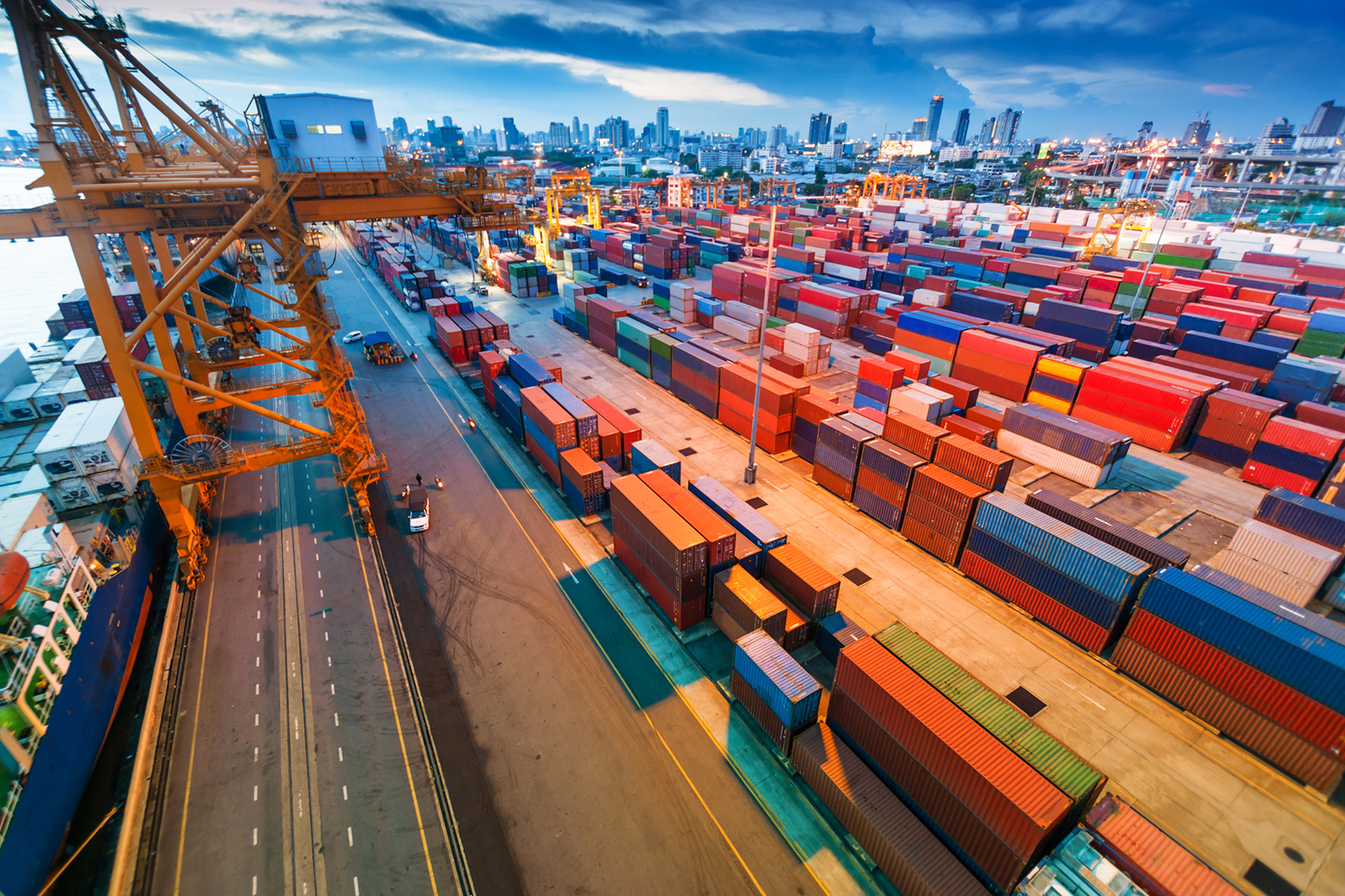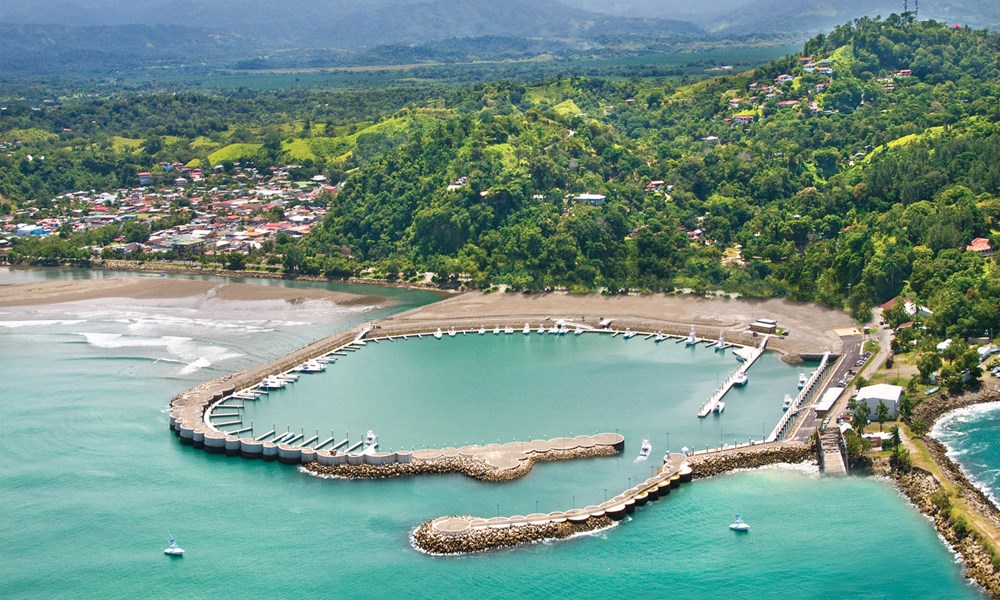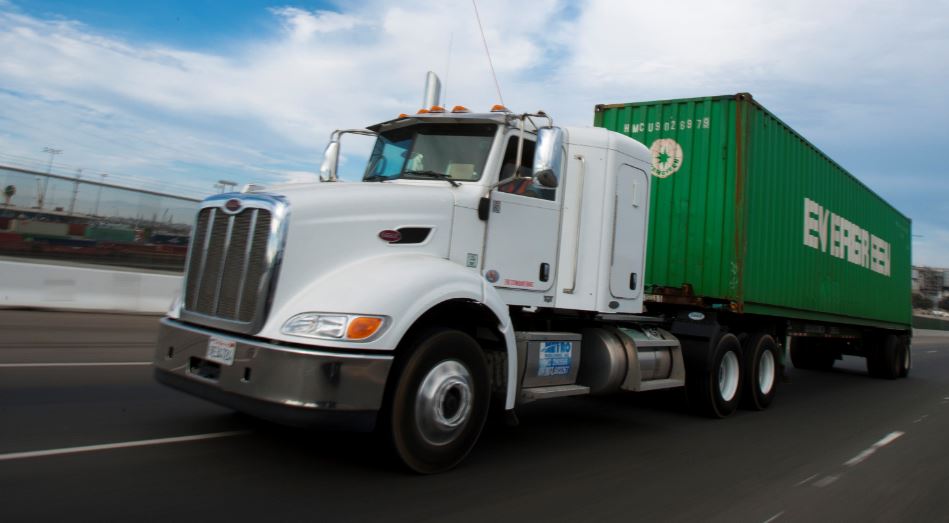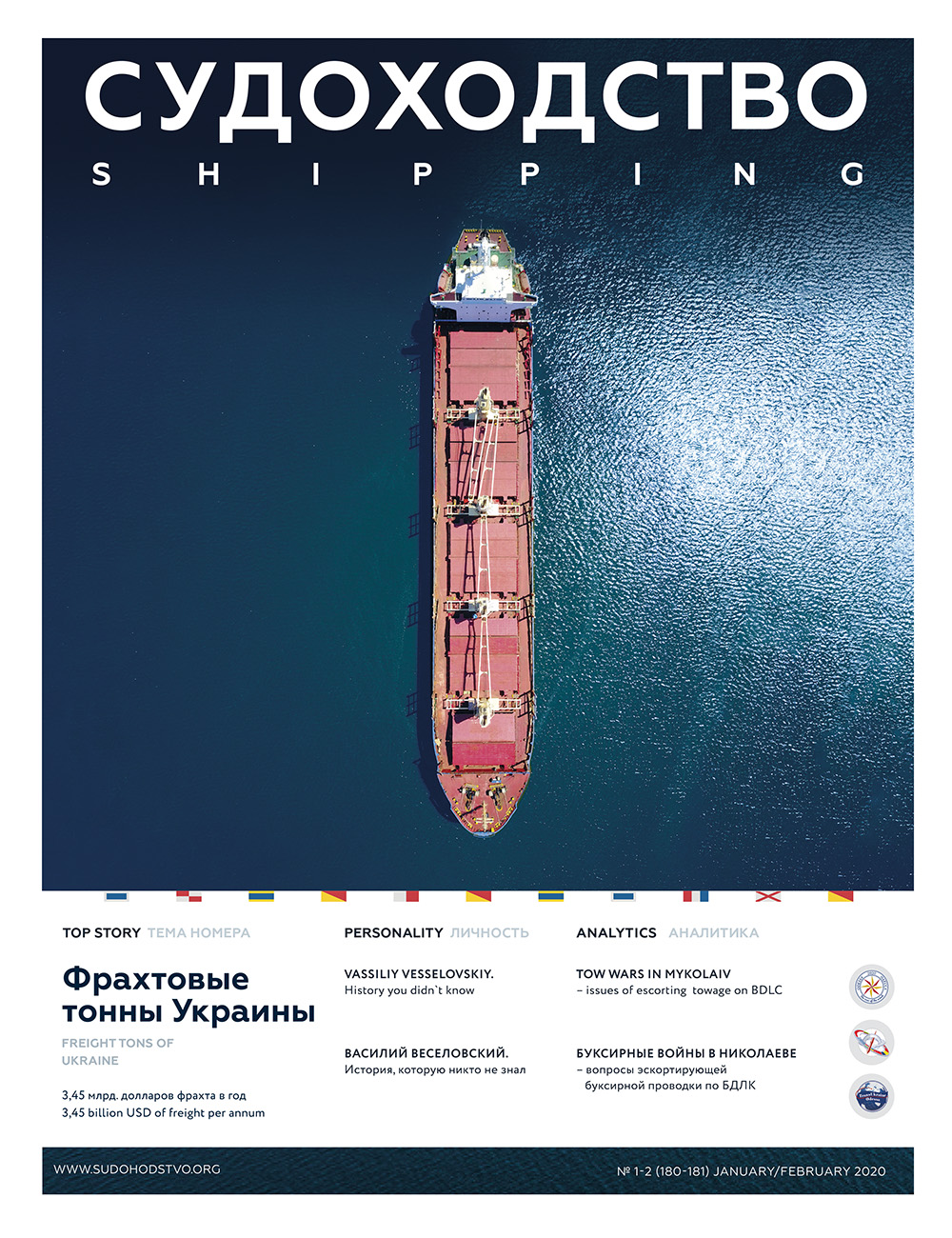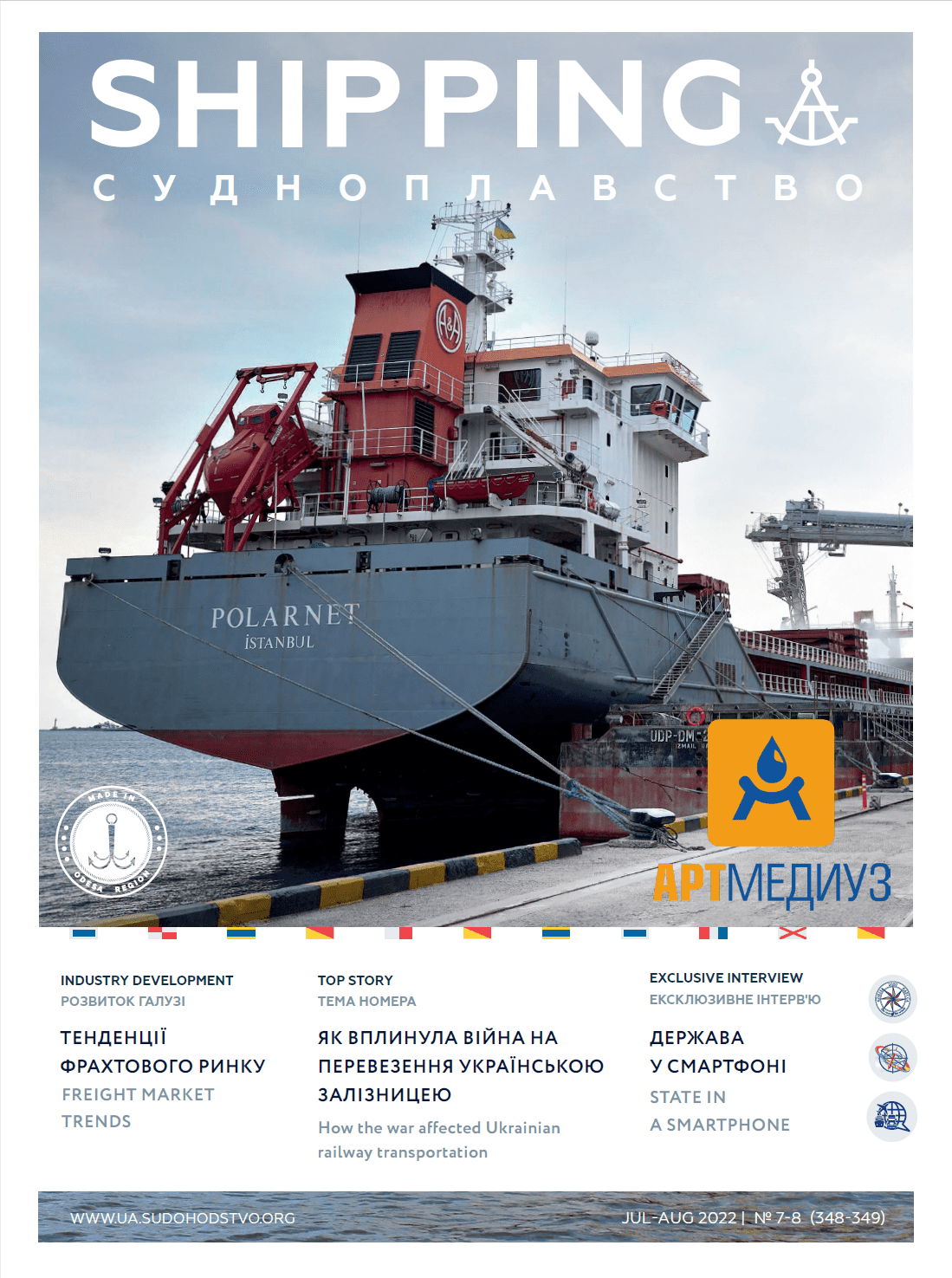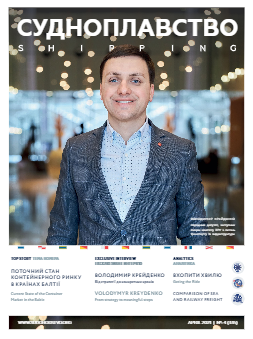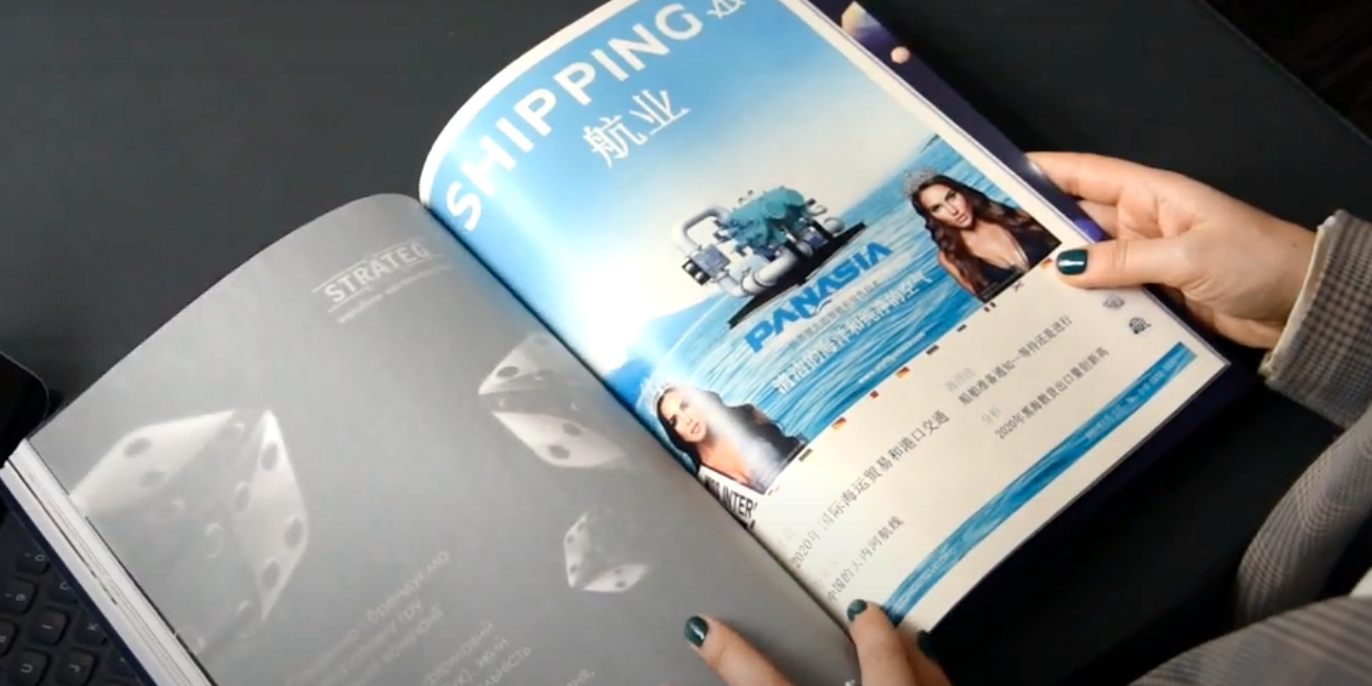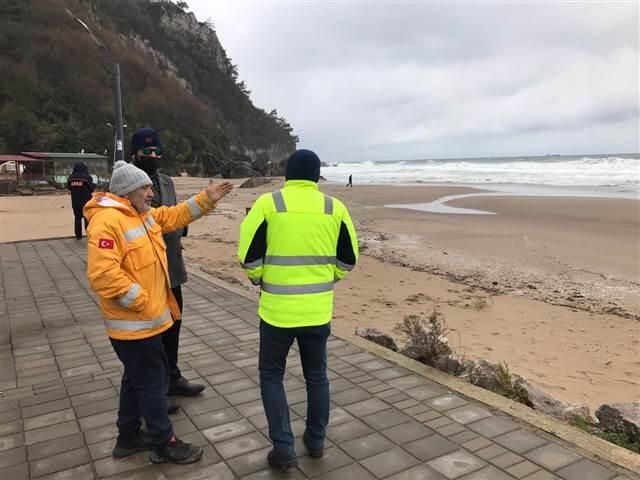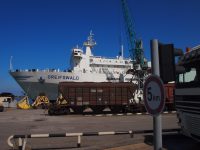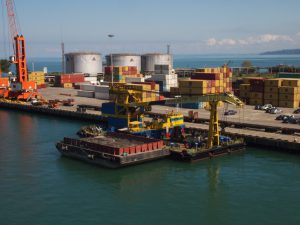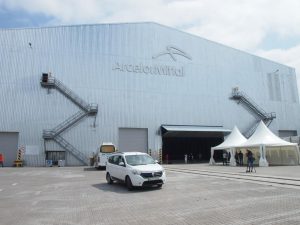The head of Total Marine Fuels is concerned that the shipping industry is not ready to implement the IMO 2020 sulfur rule next January, despite years of warnings.
«Globally, I feel that the shipping industry is not prepared . . . We fear that the lack of clarity around which products are coming onto market is leaving customers a little lost as to how to plan effectively,» said Jerome Leprince-Ringuet, the managing director of marine fuels at Total, in a blog post Monday. «Given how soon the IMO 2020 regulation enters into force, it is very surprising to us that we are not receiving more calls from our customers asking for detailed information on how the global cap will impact them.»
Beginning January 1, 2020, internationally-trading merchant ships will have to use fuel that contains no more than 0.5 percent sulfur. Carriage of noncompliant HFO — which typically has a sulfur content in the range of 2.5 percent — will be prohibited, unless the vessel is equipped with an exhaust scrubber. The transition process is expected to take several months, and most operators are making plans to begin in the third or fourth quarter of 2019.
IMO has indicated that it will not support an «experience-building phase,» or «soft» rollout, and the limit will take full effect immediately on January 1. However, noncompliance rates in the range of one-fifth of the world’s fleet are expected in the first year of implementation, according to Goldman Sachs.
The cost of compliance may be high. Large operators like MSC and Maersk are budgeting for billions of dollars in additional fuel expenses due to the cap, and they are devising new surcharge mechanisms to share these expenses with their customers.

